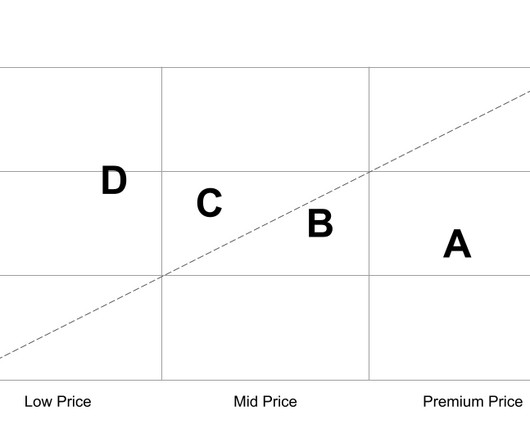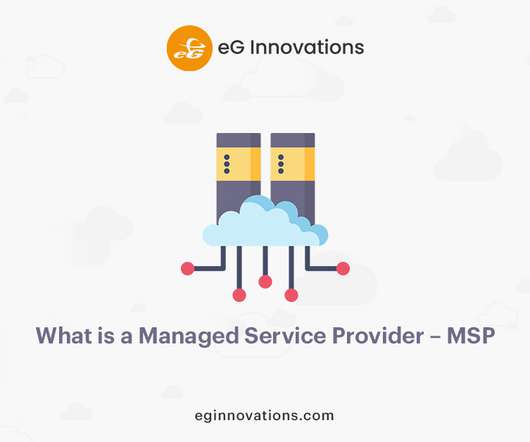Lessons from LTP Digital 2022: Adopting a Product-Led Company Culture
ProductPlan
MARCH 23, 2022
Globally by 2025 companies will spend about $2.8 Most enterprise companies want to develop a product that finds success on the market and can improve everyday lives. The Harvard Business Review concluded that it takes at least 5 to 10 years for change to manifest itself throughout an organization entirely.















Let's personalize your content